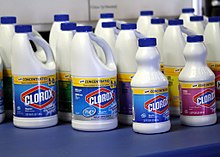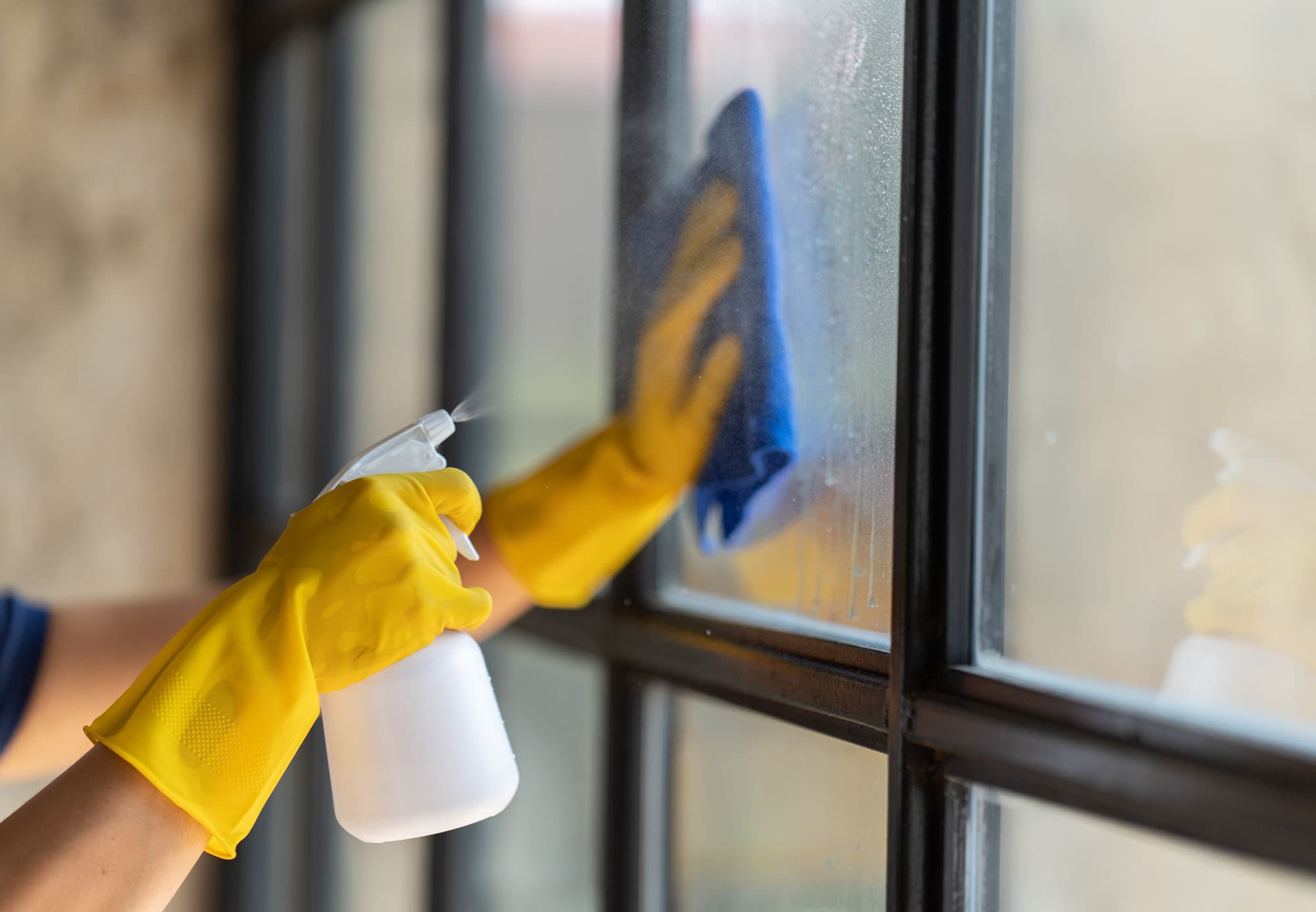Should You Charge Tenants for Messy Cleanups? Exploring the Rules of Cleaning Fees
Like a tightrope walker balancing between fairness and responsibility, you might find yourself pondering whether to charge tenants for messy cleanups. It’s a tricky situation that demands a clear understanding of what constitutes excessive messiness versus normal wear and tear. As you navigate this issue, you’ll need to take into account legal guidelines, reasonable costs, and effective communication to guarantee a smooth landlord-tenant relationship. So, how do you strike that balance?
Key Takeaways
- Understand the distinction between normal wear and tear and excessive messiness to fairly assess cleanup charges. Familiarize yourself with state laws that govern the legality and reasonableness of cleaning fees in lease agreements. Clearly document the property’s condition before move-in to prevent disputes over cleanup responsibilities later. Communicate potential cleanup costs upfront in lease agreements, ensuring transparency and fostering tenant cooperation. Encourage open dialogue with tenants about cleanliness expectations and address any concerns to maintain a positive relationship.
Understanding Normal Wear and Tear vs. Excessive Messiness
When you move out of a rental property, it’s important to understand the difference between normal wear and tear and excessive messiness.
Normal wear and tear refers to minor scuffs, faded paint, or worn carpets that occur naturally over time. These signs reflect everyday living and shouldn’t lead to cleaning fees.
On the other hand, excessive messiness involves significant damage, like deep stains, broken fixtures, or neglected cleanliness that requires intensive cleaning or repair.
It’s vital to recognize this distinction to foster a fair environment. By addressing these differences, you create a respectful relationship between landlords and tenants, ensuring that everyone feels valued and understood.
Legal Framework Governing Cleaning Fees
When it comes to cleaning fees, understanding the legal framework is crucial for you as a tenant.
You’ll want to familiarize yourself with state laws, specific lease agreement clauses, and the principles of fairness and transparency that govern these fees.
Knowing your rights can help you avoid unexpected charges and guarantee you’re treated fairly.
State Laws Overview
While understanding your rights as a tenant, it’s vital to be aware of the varying state laws governing cleaning fees. Many states have specific regulations that dictate when and how landlords can charge for cleaning.
For instance, some states require that cleaning fees be reasonable and directly related to the actual costs incurred, while others may not permit such fees at all unless explicitly stated in the lease.
It’s important to research your state’s laws to guarantee compliance and protect your rights. Knowing the legal framework helps you advocate for fair practices, making sure that both you and the landlord maintain a respectful relationship.
Always consider consulting a local attorney for tailored advice regarding cleaning fees in your area.
Lease Agreement Clauses
Understanding the lease agreement clauses related to cleaning fees is essential for tenants, since these provisions often outline the conditions under which a landlord can charge for cleaning services.
When you review your lease, pay close attention to any language regarding cleanliness and maintenance expectations. Clear outlines of what constitutes excessive mess can help you avoid unexpected charges.
It’s also important to know if the lease specifies a cleaning fee amount or the process for determining costs. This clarity fosters a respectful relationship between you and your landlord.
Being informed allows you to maintain a clean living environment and helps you navigate any potential disputes over cleaning fees. Transparency in these agreements benefits everyone involved.
Fairness and Transparency
Fairness and transparency in cleaning fees are vital for maintaining a positive tenant-landlord relationship. When you communicate your cleaning policies clearly, it builds trust and prevents misunderstandings.
Make sure your lease agreement outlines any potential cleaning fees, specifying what situations might incur charges. This way, tenants know what to expect and can maintain the property accordingly.

It’s also important to provide itemized invoices for any cleaning fees charged, detailing the services performed and their associated costs. This transparency shows tenants you value their trust and fosters goodwill.
Assessing Cleanup Costs: What Is Reasonable?
When evaluating cleanup costs, it’s crucial to determine what’s reasonable to avoid disputes between tenants and landlords.
Consider the extent of the mess and the time required for cleanup. A simple vacuuming or dusting might only warrant a minimal fee, while significant damages or excessive filth could justify more substantial charges.
Research local cleaning service rates to gauge fair pricing. Always communicate these potential costs upfront in your lease agreement. Transparency fosters trust and helps tenants understand their responsibilities.
Additionally, consider offering your tenants the option to handle minor cleanups themselves, promoting a collaborative approach. By evaluating costs fairly, you create a positive environment that encourages accountability and respect on both sides.
Best Practices for Documenting Property Condition
Documenting the condition of your property before tenants move in helps prevent disputes later on. Start by taking clear, high-quality photos of every room, including any existing damage or wear. Make sure to capture details like flooring, walls, and appliances.
Alongside photos, create a detailed checklist noting the state of each area, including any specific features that need attention. Engage your tenants by inviting them to review this documentation. Encourage them to add their observations, ensuring transparency and open communication.
Store all documentation securely, both digitally and physically, to reference if needed. By being thorough and proactive, you not only protect your investment but also show your commitment to providing a clean, welcoming space for your tenants.
Communicating Expectations to Tenants
To guarantee a smooth rental experience, it’s crucial to communicate your expectations clearly to tenants right from the start.
Outline your cleaning policies in the lease agreement to avoid confusion later. Make sure tenants understand the condition you expect when they move in and when they move out.
Consider providing a checklist that details specific cleaning tasks, like vacuuming, dusting, and bathroom sanitation. Open the lines of communication by encouraging tenants to ask questions if they’re unsure about anything.
Regularly remind them of these expectations during their tenancy, especially before lease renewals. This proactive approach not only fosters a respectful relationship but also guarantees your property remains in good condition, benefiting everyone involved.
Handling Disputes Over Cleaning Fees
When disputes arise over cleaning fees, it’s crucial to refer back to your lease agreement for clarity on terms.
Documenting the property’s condition before and after your tenancy can help support your case.
Effective communication with your landlord can also make a significant difference in resolving any disagreements.
Clear Lease Agreement Terms
Clear lease agreement terms are essential for preventing disputes over cleaning fees, as they set expectations for both landlords and tenants.
When you outline specific cleaning responsibilities, it helps avoid misunderstandings at the end of a tenancy.
Make sure to clearly state what constitutes normal wear and tear versus excessive messiness that may incur a fee.
Documenting Cleanup Conditions
Documenting the condition of a rental property before moving out can greatly reduce disputes over cleaning fees.
By taking the time to capture the state of your home, you can guarantee a smoother shift for both you and your landlord.
Here are some steps to help you document effectively:

- Take Photos: Snap clear pictures of each room, highlighting any existing damage or cleanliness. Make a Checklist: Create a list of tasks you’ve completed, like vacuuming and scrubbing surfaces. Involve Your Landlord: If possible, schedule a walk-through with your landlord to discuss the property’s condition together. Keep Records: Save receipts for any professional cleaning services you hired.
These actions can protect you from unfair cleaning charges and foster goodwill with your landlord.
Effective Communication Strategies
Effective communication is essential when handling disputes over house cleaners cleaning fees, as misunderstandings can escalate quickly.
Start by approaching the situation with empathy. Show your tenants you understand their concerns and listen actively to their perspective.
When discussing the fees, be clear and precise about the reasons behind them, referencing your documentation of cleanup conditions.
Encourage an open dialogue, allowing tenants to express their feelings without fear of judgment. Use “I” statements to share your viewpoint without sounding accusatory.
If a resolution seems elusive, suggest a compromise that acknowledges their concerns while still addressing your needs.
Always follow up after the conversation to guarantee clarity and maintain a positive relationship, reinforcing your commitment to fair treatment.
Tips for Maintaining a Clean Rental Property
While keeping your rental property clean may seem challenging, a few simple habits can make a significant difference.
By incorporating these practices, you’ll create an inviting space for your tenants while fostering a sense of community:
- Establish a cleaning schedule: Set specific days for regular maintenance tasks to guarantee nothing gets overlooked. Encourage tenant participation: Share cleaning tips and create a checklist for tenants to follow, promoting shared responsibility. Provide cleaning supplies: Stock essential supplies like trash bags, brooms, and disinfectants to make cleaning easier. Conduct regular inspections: Schedule routine visits to address potential issues before they escalate, maintaining a well-kept environment.
Conclusion
In the world of rental properties, maneuvering through cleaning fees can feel like walking a tightrope. By understanding the fine line between normal wear and tear and excessive messiness, you can maintain harmony with your tenants. Keep your documentation as sharp as a tack, and communicate openly to avoid misunderstandings. With these best practices, you’ll not only keep your property in tip-top shape but also cultivate a relationship built on trust and respect. After all, happy tenants make for a thriving rental business!